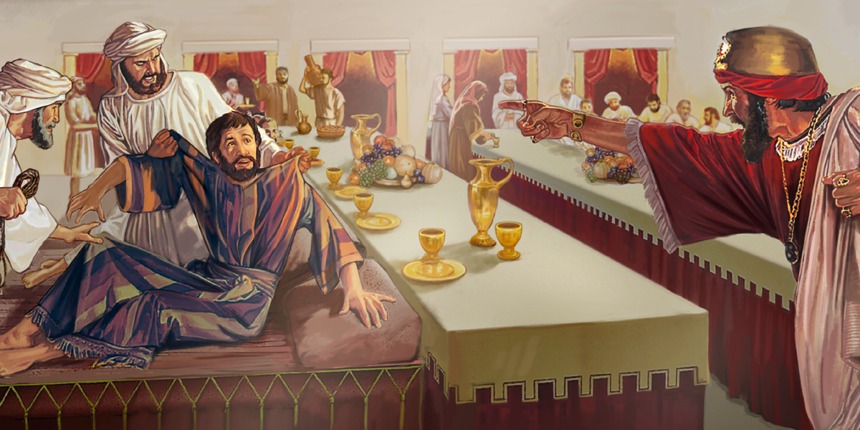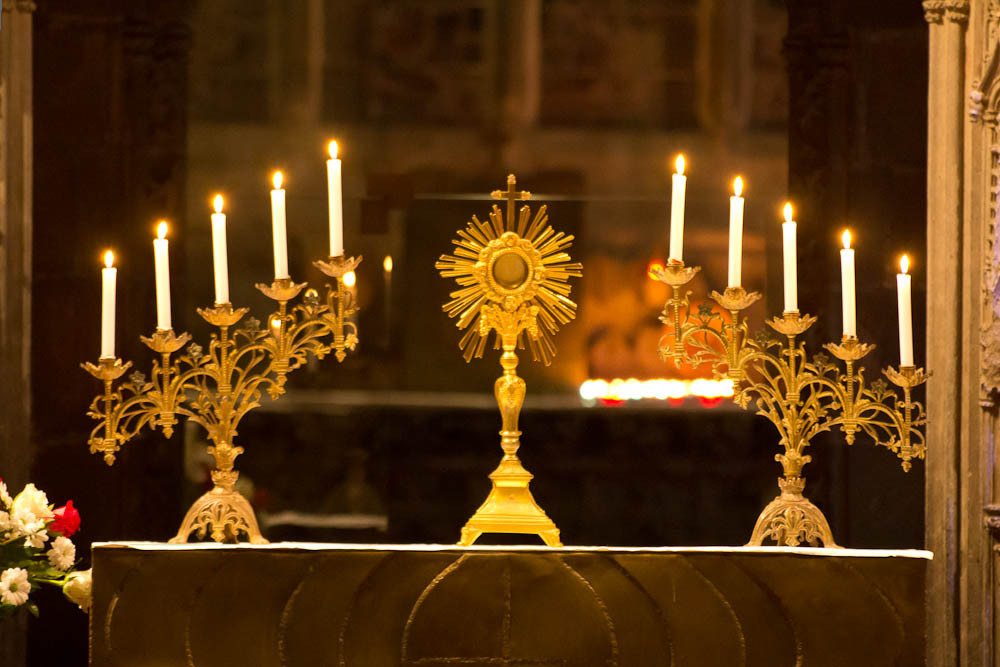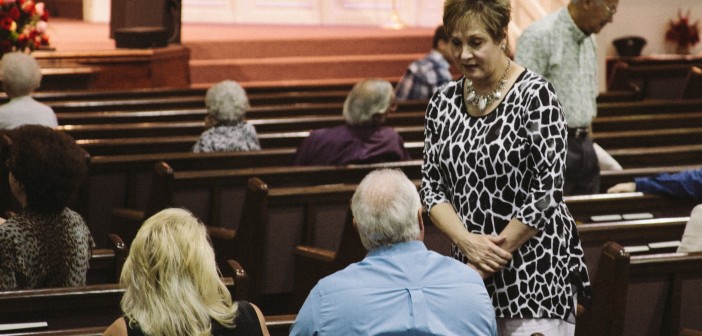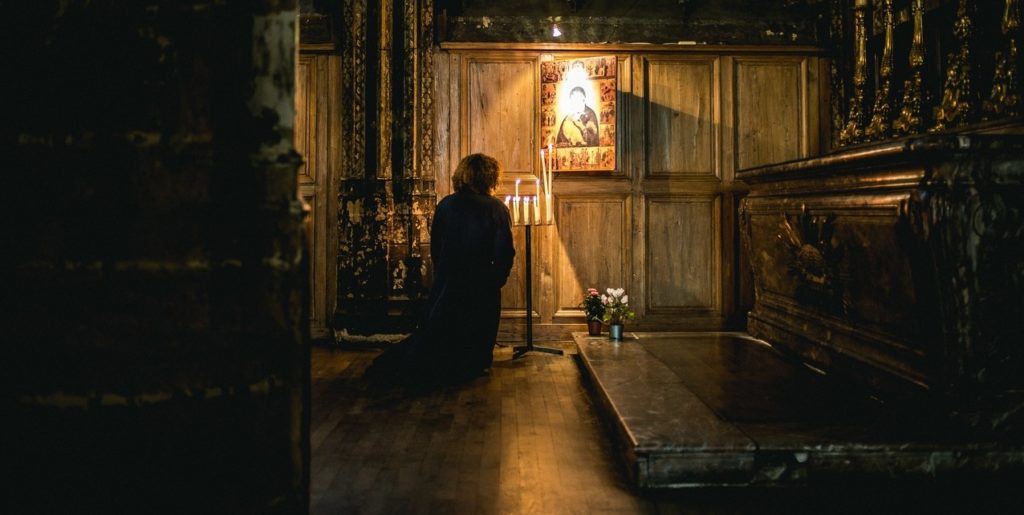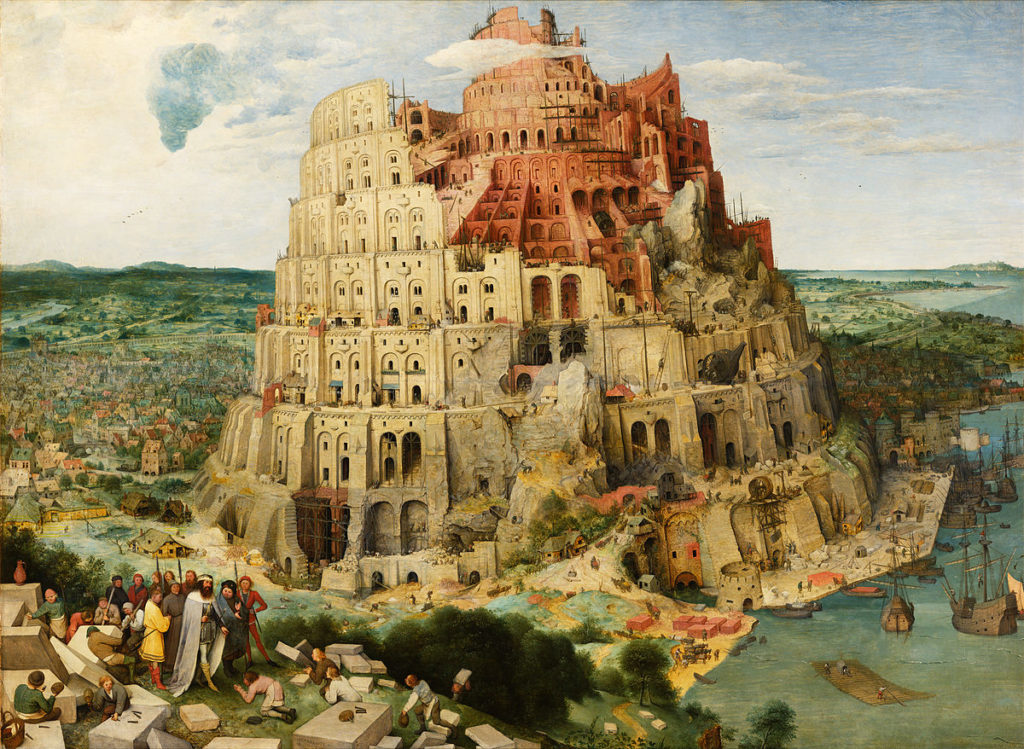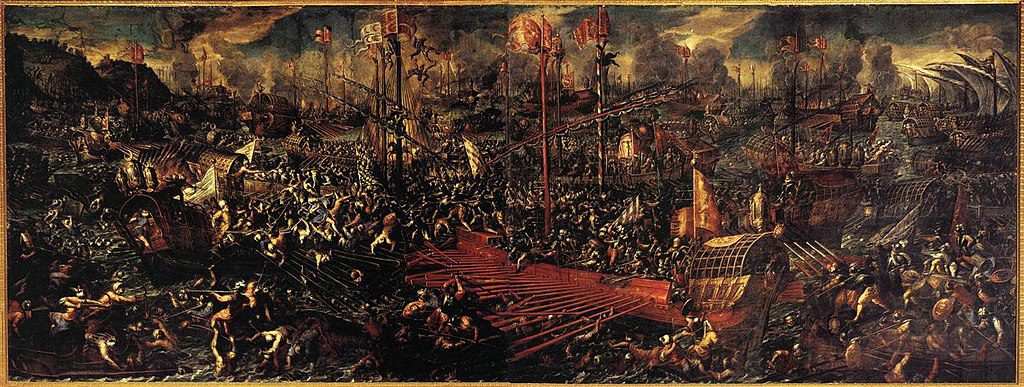What the Rosary Teaches us about Preparation
In last Sunday’s Gospel, Jesus told the parable about the wedding guests and how one was thrown out because he wasn’t wearing appropriate attire. But when the king came in to meet the guests,he saw a man there not dressed in a wedding garment. The king said to him, ‘My friend, how is itthat you came […]
What the Rosary Teaches us about Preparation Read More »

